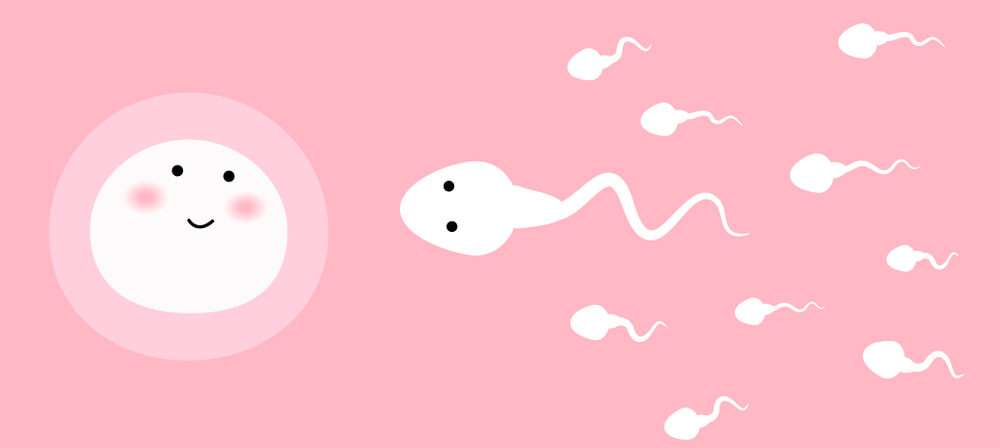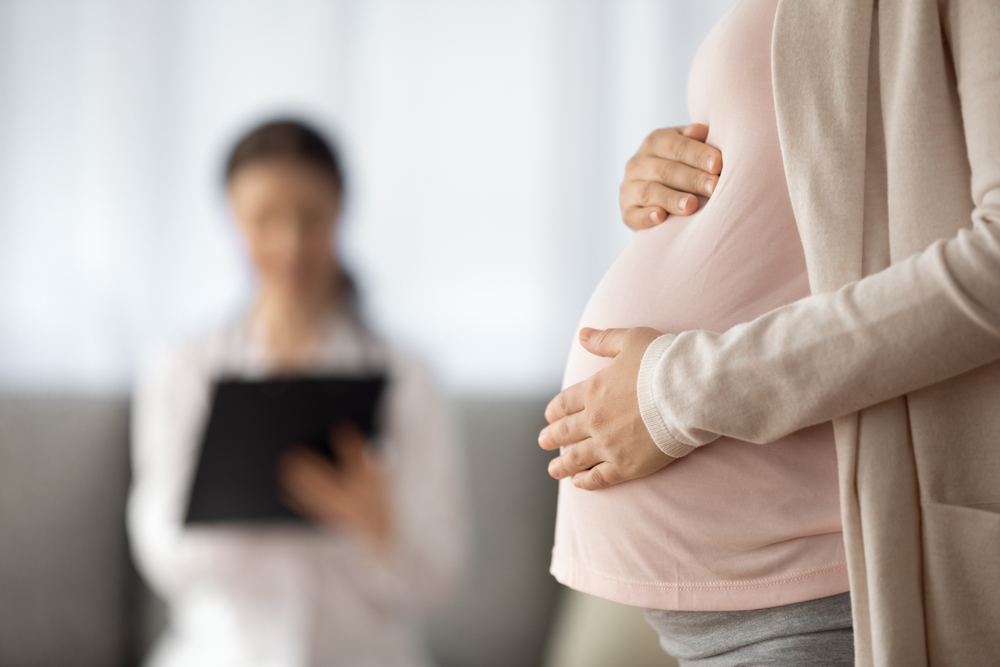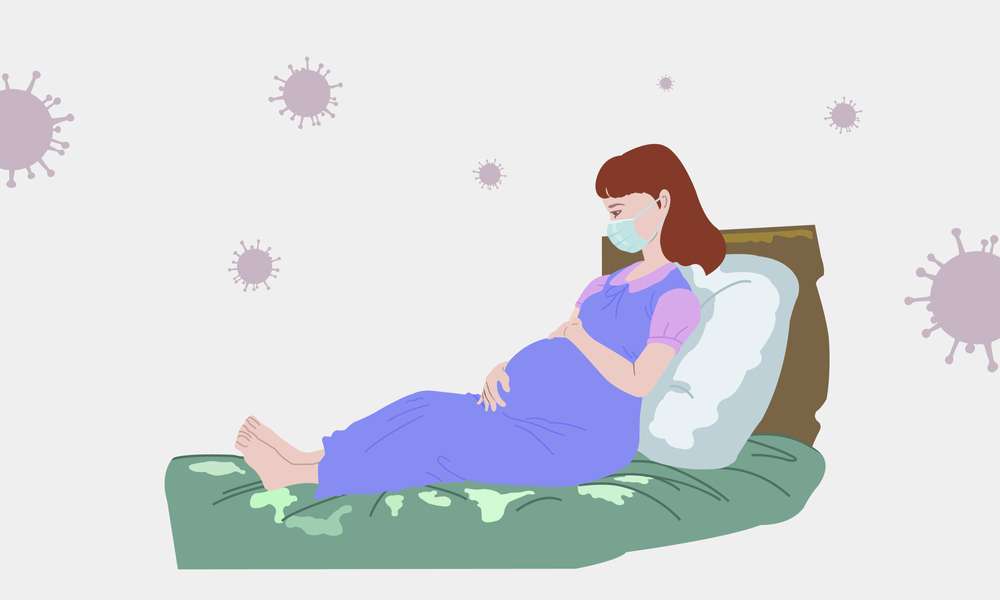How to get pregnant fast
First, consider how pregnancy occurs:
To understand how to get pregnant, you must first understand the steps that occur prior to nidation. Ovulation must occur in order to get pregnant. This happens when a mature egg is released from the ovary, travels via the fallopian tube, and becomes ready for fertilization to the sperm. The uterine lining has thickened in preparation for a fertilized egg. If you do not conceive, the uterine lining will be shed during menstruation, also known as your period.
What You Need to Understand About Ovulation?
- An egg has a lifespan of 12-24 hours after exiting the ovary.
- Normally, only one egg is released every ovulation.
- Stress, illness, hormonal imbalances, travel, or significant changes in weight, exercise, or sleeping patterns can all disrupt ovulation.
- Light spotting may occur in some women around the time of ovulation.
- Normal implantation of a fertilized egg occurs 6-12 days following ovulation.
- Every woman is born with millions of immature eggs ready to be released at ovulation.
- Even if a woman has not ovulated, she may get a menstrual period.
- Ovulation can happen even if a woman hasn’t had her period.
- During ovulation, some women experience mittelschmerz, or “middle pain,” which means “middle pain” in German.
- When an egg is not fertilized, it degrades and is absorbed by the uterine lining.
How to get pregnant fast?
Knowing when you’re ovulating and having intercourse during your reproductive window will help you conceive. Use our free Ovulation Calendar to find out when you are most fertile.
Make use of an Ovulation Tracker:
The monthly cycle of a woman is calculated from the first day of her menstrual period to the first day of her next period. A woman’s cycle lasts 28-32 days on average, while some women have significantly shorter or longer cycles.
The majority of women ovulate between Days 11 and 21 of their cycle, counting from the first day of their last period (LMP). This is known as the “fertile time” of a woman’s cycle because sexual activity during this time improves the likelihood of pregnancy. Ovulation can happen at any time during this window and on a different day each month.
Ovulating signs:
- Vaginal secretions have changed. You may notice an increase in clear, wet, and stretchy vaginal secretions just before ovulation. Cervical mucus shrinks and thickens, becoming murky and less visible shortly after ovulation.
- Variation in basal body temperature. During ovulation, your basal body temperature (the temperature of your body at rest) rises somewhat. Take your temperature every morning before you get out of bed using a thermometer specifically developed to monitor basal body temperature. Keep track of the outcomes and seek for a pattern. You’ll be most fertile in the two to three days leading up to your temperature rising. This is the ideal time for sex.
- Ovulation is one of the most crucial processes a woman should learn about her body since it determines whether or not she gets pregnant. Nonetheless, it can be a little tough to grasp.
Increase Your Chances of Conceiving:
- Have intercourse right before ovulation. Sex every two to three days a week, beginning soon after your period ends. This can assist ensure that you have intercourse during your most fertile period.
- Maintain a healthy weight. Ovulation issues are more common in overweight and underweight women.
Lubricants that are good for fertility. Use sperm and egg-friendly lubricants.
Consider taking a multivitamin:
- You should not smoke. Tobacco has numerous detrimental consequences on fertility, not to mention your overall health and that of a fetus. If you smoke, contact your doctor to help you quit before getting pregnant.
- Don’t consume alcohol. Heavy alcohol consumption can reduce fertility. If you’re trying to conceive, stay away from alcohol.
- Caffeine should be avoided. Caffeine use of less than 200 milligrams per day, according to research, has no effect on fertility. That equates to one to two cups of 6 to 8 ounce coffee per day.
- Don’t overdo it on the intense workout. More than five hours of strenuous, intensive activity each week has been linked to decreased ovulation.
How Long Does It Take to Conceive?
- Most healthy couples conceive after a year of having frequent unprotected sex. Thirty percent of all couples trying to conceive become pregnant within the first cycle (approximately one month).
- Sixty percent of women become pregnant within three cycles (approximately three months).
- Eighty percent of women become pregnant within six cycles (about six months).
- Within 12 cycles (about one year), 85 percent of women become pregnant.
- Within 48 cycles (approximately four years), 92 percent of women become pregnant.
- During your twenties, you have the best chance of spontaneously conceiving. As you become older, your fertility starts to diminish. A healthy 30-year-old has a 20% chance of becoming pregnant each month, but by the age of 40, the likelihood drops to roughly 5%. By the age of 45, very few women naturally become pregnant.
How long should we try before seeking assistance?
If you and your partner are having difficulty getting pregnant, one of you may be having a problem. It’s common to assume that infertility affects only women, although it affects both men and women.
Checking His Sperm Count Is Simple:
According to the Journal of Human Reproductive Sciences, the male is responsible for up to 40-50% of infertility in couples. Low sperm count is one of the most common causes of male infertility. SpermCheck fertile allows you to quickly, conveniently, and privately determine if your sperm count meets the fertile threshold at home. DNA Diagnostics Center (DDC), a business sponsor of the American Pregnancy Association, produces this FDA-cleared kit, which is accessible online or at your local shop. SpermCheck is as easy to use as a home pregnancy test, and the results are available in minutes. Remember that other fertility parameters such as sperm motility and morphology are as essential and should be examined by a healthcare professional.
Note:
If you’re under 35 and haven’t gotten pregnant after a year of trying, or if you’re over 35 and have been trying for six months, it’s time to consult a fertility specialist.




